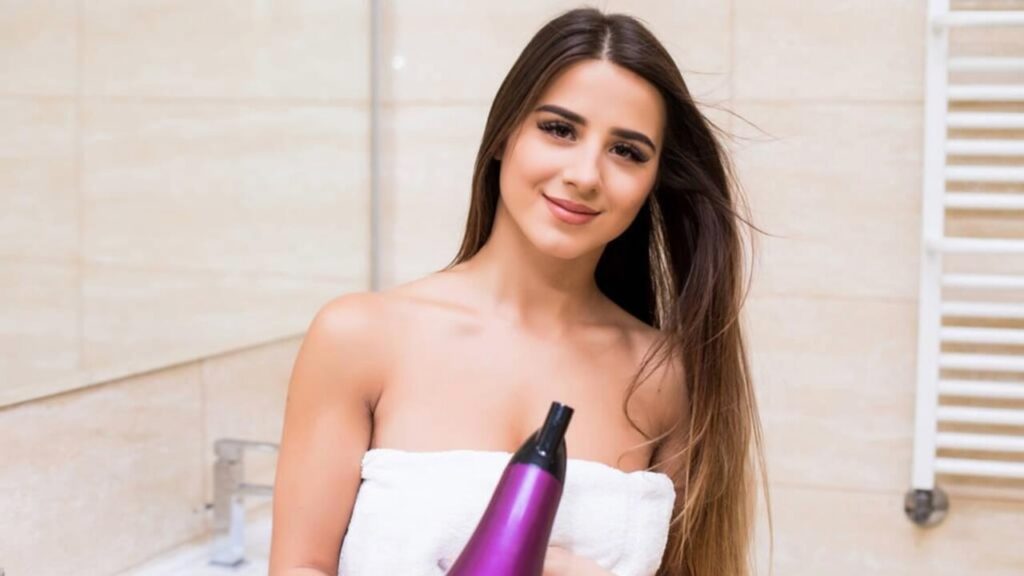
Selecting the appropriate shampoo based on your hair type is crucial for maintaining healthy and beautiful locks. Here’s why:
- Tailored Care: Different hair types (such as fine, curly, or color-treated) have unique needs. The right shampoo addresses those specific requirements.
- Effective Cleansing: Using the right shampoo ensures effective cleansing without causing damage. For example, sulfate-free shampoos are gentler on hair.
- Scalp Health: A well-suited shampoo promotes scalp health, which directly impacts hair growth and overall appearance.
Remember, your hair deserves personalized care! 😊
Choosing the right shampoo for your hair type can make a world of difference in maintaining healthy, beautiful locks. Let’s break it down:
1. Define Your Scalp Type:
- Consider your scalp when choosing a shampoo. Signs of a dry scalp include tightness or itchiness (with or without flakes). An oily scalp may appear shinier, and dandruff can cause clumped flakes. Combination scalps fall in between.
- If you have an oily scalp, avoid overly-moisturizing shampoos. Opt for products that control excess oil and sebum production.
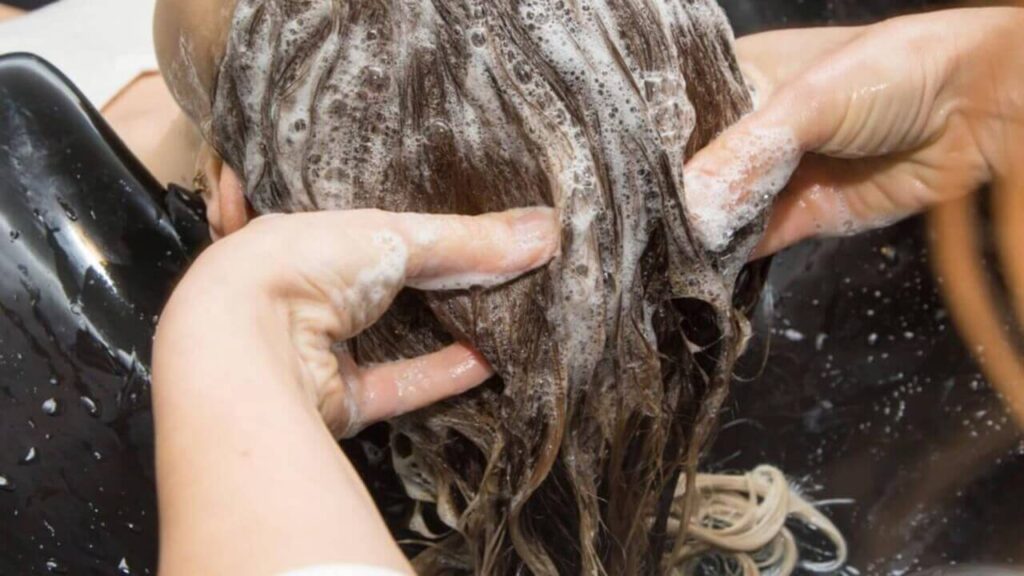
When selecting a shampoo, it’s essential to consider your scalp type. Here are some guidelines:
Dry Scalp:
- Signs: Tightness, itchiness (with or without flakes).
- Recommendations: Use moisturizing shampoos that provide hydration and soothe the scalp.
Oily Scalp:
- Signs: Shiny appearance.
- Recommendations: Avoid overly-moisturizing shampoos. Opt for products that control excess oil and sebum production.
Combination Scalp:
- Falls between dry and oily.
- Consider using a balanced shampoo that addresses both dryness and oiliness.
Remember that individual needs vary, so it’s essential to choose a shampoo that suits your specific scalp condition. 😊
2. Define Your Hair Type:
- Beyond scalp type, consider your hair type. Is it fine, frizzy, wavy, or damaged? Different shampoos cater to specific needs.
- For fine hair, look for volumizing shampoos. Frizzy hair benefits from smoothing formulas, while damaged hair needs strengthening options.

When choosing a shampoo, it’s essential to take your hair type into account. Here are some recommendations based on different hair types:
Fine Hair:
- Look for volumizing shampoos. These add body and lift to fine hair, making it appear fuller.
Frizzy Hair:
- Opt for smoothing formulas. These help control frizz and make your hair more manageable.
Wavy Hair:
- Consider shampoos that enhance natural waves and provide moisture without weighing down the hair.
Damaged Hair:
- Choose strengthening options. Look for shampoos with ingredients like keratin or proteins to repair and fortify damaged strands.
Remember that individual hair needs vary, so finding the right shampoo for your specific hair type can make a significant difference! 😊
3. Other Factors to Consider:
- Color-treated hair: Use color-safe shampoos to maintain vibrancy.
- Curly hair: Look for sulfate-free, hydrating shampoos.
- Thickening or anti-hair loss shampoos: These target specific concerns.
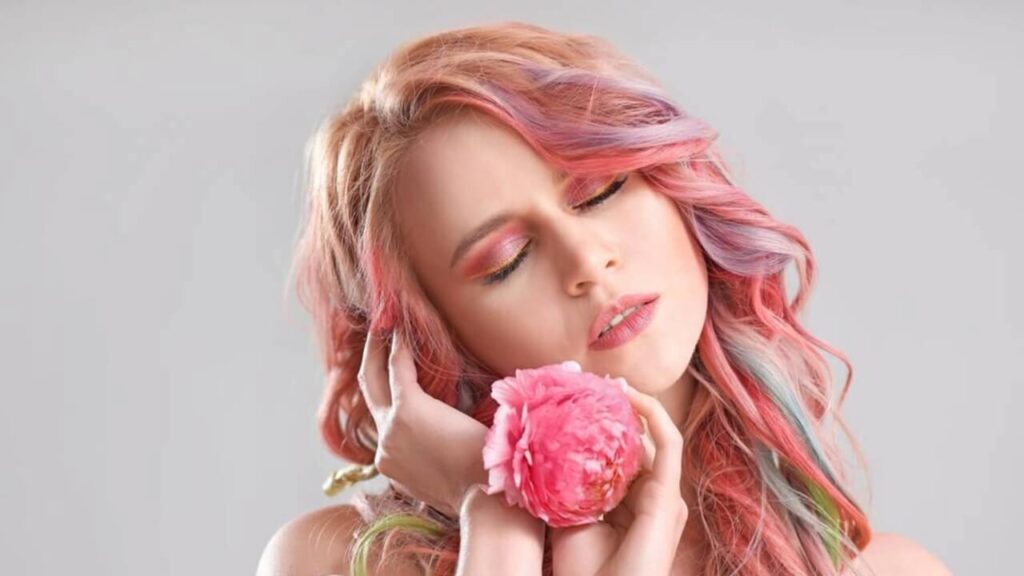
Here’s a breakdown of shampoo recommendations for specific hair concerns:
Color-Treated Hair:
- Use color-safe shampoos to maintain vibrancy and prevent fading. These formulas are gentle on dyed hair.
Curly Hair:
- Opt for sulfate-free, hydrating shampoos. These help retain moisture and define curls without stripping natural oils.
Thickening or Anti-Hair Loss Shampoos:
- These shampoos target specific concerns related to thinning hair. Look for ingredients that promote thickness and strengthen hair strands.
Remember that choosing the right shampoo can significantly impact the health and appearance of your hair! 😊
4. The Final Takeaway:
Prioritize your scalp health and hair type when choosing a shampoo. Experiment to find what works best for you, and remember that shampoo is for your scalp and roots, while conditioner is for the ends of your hair.
When selecting a shampoo, consider both your scalp health and hair type. Here are some key points:
Scalp Health:
- Prioritize your scalp’s needs (dry, oily, or combination).
- Use moisturizing shampoos for dry scalps and oil-control products for oily scalps.
- Experiment to find what works best for you.
Hair Type:
- Choose shampoos based on your hair type (fine, frizzy, wavy, damaged, etc.).
- For color-treated hair, use color-safe shampoos.
- Curly hair benefits from sulfate-free, hydrating formulas.
- Thickening or anti-hair loss shampoos address specific concerns.
Shampoo vs. Conditioner:
- Shampoo is for your scalp and roots.
- Conditioner is for the ends of your hair.
Remember, finding the right products tailored to your scalp and hair type can lead to healthier, more vibrant hair! 😊
Remember, everyone’s hair is unique, so finding the perfect match might involve a bit of trial and error. Happy hair days! 🌟
How often should I wash my hair?
Hair Washing Frequency:
- Normal Hair: Typically, washing every 2 to 3 days is suitable.
- Oily Scalp: You may need to wash more frequently (every day or every other day).
- Dry Scalp: Aim for less frequent washing (2 to 3 days or even once a week).
Recommend any specific shampoos?
Shampoo Recommendations:
For Normal Hair:
- Pantene Pro-V Daily Moisture Renewal Shampoo: A good all-around choice.
- Dove Nutritive Solutions Daily Moisture Shampoo: Gentle and hydrating.
For Oily Scalp:
- Neutrogena Anti-Residue Shampoo: Helps remove excess oil.
- Head & Shoulders Classic Clean Shampoo: Controls oil and dandruff.
For Dry Scalp:
- Aveeno Scalp Soothing Oat Milk Blend Shampoo: Nourishing and calming.
- Moroccanoil Hydrating Shampoo: Adds moisture.
Remember to adjust based on your specific needs and hair type! 😊
Let’s dive into sulfate-free shampoos, hair damage prevention, and some excellent natural or organic shampoo recommendations:
What about sulfate-free shampoos?
Sulfate-Free Shampoos:
Benefits:
Sulfate-free shampoos offer several advantages:
- Preserve Natural Oils: They maintain a healthy balance of oils on your scalp, reducing dryness and inflammation.
- Color Protection: You won’t sacrifice your hair color due to sulfates.
- Stronger Hair: Sulfate-free formulas help prevent breakage and split ends.
- Scalp Sensitivity: Say goodbye to scalp irritation.
- Curly Hair Love: Curly-haired folks rejoice!
Consider options like Evolvh UltraShine Shampoo, Living Libations Shampoo, or Rahua Classic Shampoo.
How can I prevent hair damage?
Hair Damage Prevention:
Gentle Habits:
- Use gentle shampoos and conditioners.
- Avoid hot oil treatments.
- Wrap your hair in a towel to dry.
Avoid Stress:
- Stress can lead to thinning hair. Try meditation or biofeedback.
- Boost iron intake through foods like salmon, peas, and spinach.
- Consider a low-glycemic diet for overall health.
Be Kind to Your Hair:
- Avoid over-washing and over-brushing.
- Use the right hair care products for your type.
- Skip tight hairstyles and be mindful of heat styling.
Recommend any natural or organic shampoos?
Natural or Organic Shampoos:
- Evolvh UltraShine Shampoo: Great for fine and normal hair.
- Rahua Classic Shampoo: Ideal for normal, thin, or dry hair.
- John Masters Organics Shampoo: Offers a wide range of options for different hair types.
- 100% Pure Kelp & Mint Volumizing Shampoo: Perfect for fine, lifeless hair.
- Living Libations Shampoo: Vibrant plant ingredients for a fresh feel.
Remember, healthy hair starts with the right care and nourishing products! 😊
How to improve hair growth naturally?
Improving Hair Growth Naturally:
- Massage: Regular scalp massages stimulate blood flow and promote hair growth. Use your fingertips in small circles for a few minutes daily.
- Aloe Vera: Apply pure aloe vera gel to your scalp a few times per week. It soothes the scalp and may aid hair growth.
- Coconut Oil: Use coconut oil as a pre-shampoo treatment or deep conditioner. It softens and moisturizes hair while fighting dandruff.
- Healthy Diet: Consume a balanced diet rich in vitamins, minerals, and protein to support hair growth.
What’s the best way to detangle my hair without causing damage?
Detangling Hair Without Damage:
- Conditioner: Apply conditioner to damp hair, starting at the tips and moving upward. Use a wide-toothed comb to gently detangle.
- Be Gentle: Pat (don’t rub) hair dry after a shower. Use a brush designed for wet hair to avoid snags and breakage.
- Start from the Bottom: Detangle from the ends, working your way up to the roots.
Can you recommend any DIY hair masks for hydration?
DIY Hair Masks for Hydration:
Avocado, Honey, and Coconut Oil Mask:
- Mash a ripe avocado until smooth.
- Add 2 tablespoons of honey and 1 tablespoon of coconut oil.
- Apply to damp hair, starting at the roots and working down to the ends.
Milk and Honey Mask (for fine hair):
- Mix milk and honey to strengthen and prevent breakage.
Aloe Vera Scalp Mask:
- Aloe vera soothes the scalp and promotes hair health. Apply directly to the scalp.
Remember, consistency and patience are key for achieving healthy hair! 😊
How can I reduce hair fall?
Reducing Hair Fall:
- Diet: Ensure you’re getting enough protein and iron. A Mediterranean diet with raw vegetables and herbs may help.
- Gentle Care: Use gentle shampoos, avoid heat tools, and pat (don’t rub) your hair dry.
- Natural Remedies: Consider aloe vera, coconut oil, peppermint oil, and meditation.
What’s the best way to style curly hair without damaging it?
Styling Curly Hair:
- Embrace Your Curls: Work with your natural texture. Wash-and-go styles are your friend.
- Know Your Curl Pattern: Understand your specific curl type (2a to 4c) and its porosity.
- Invest in a Ceramic Flat Iron: For occasional straightening, use a quality ceramic flat iron.
Recommend any natural remedies for an itchy scalp?
Natural Remedies for Itchy Scalp:
- Apple Cider Vinegar: Rinse with a 1:1 water-vinegar solution.
- Organic Coconut Oil: Soothes and has antifungal properties.
- Peppermint Oil: Dilute and massage into the scalp.
- Tea Tree Oil: Anti-inflammatory and antimicrobial.
- Zinc Pyrithione Shampoo: For conditions like psoriasis and seborrheic dermatitis.
Remember, consistency and patience are key for healthier hair and scalp! 😊


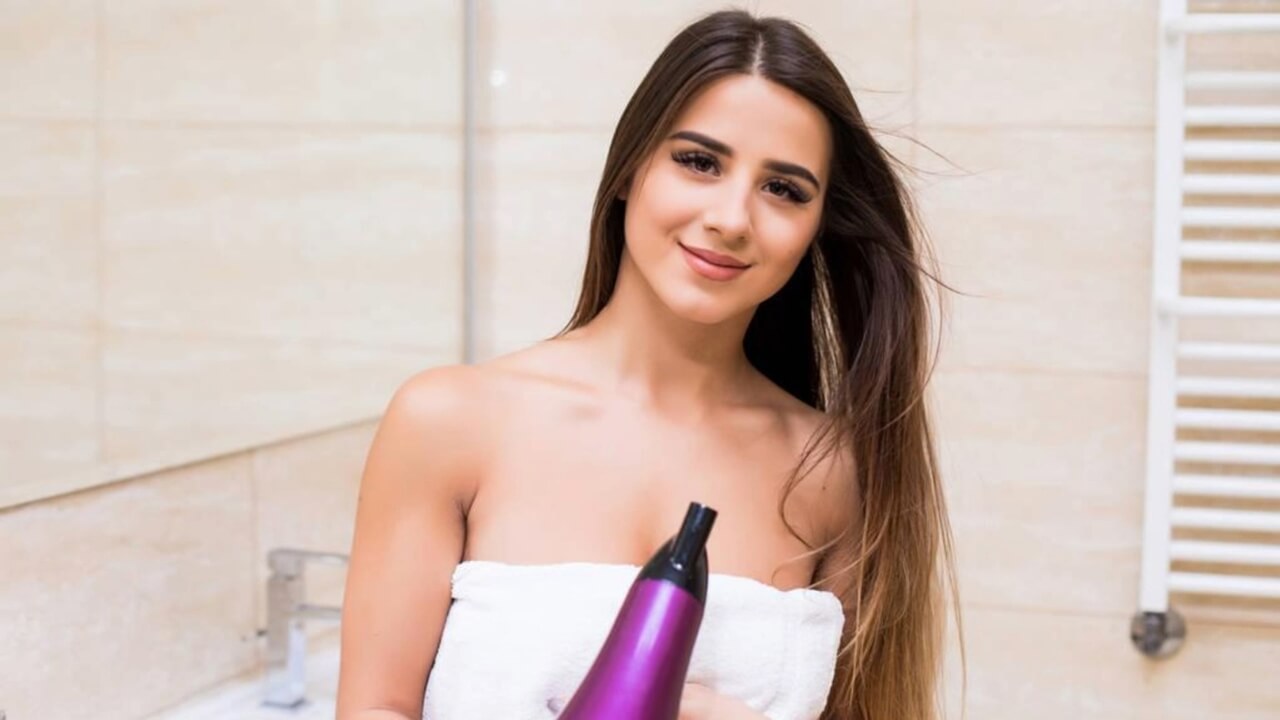
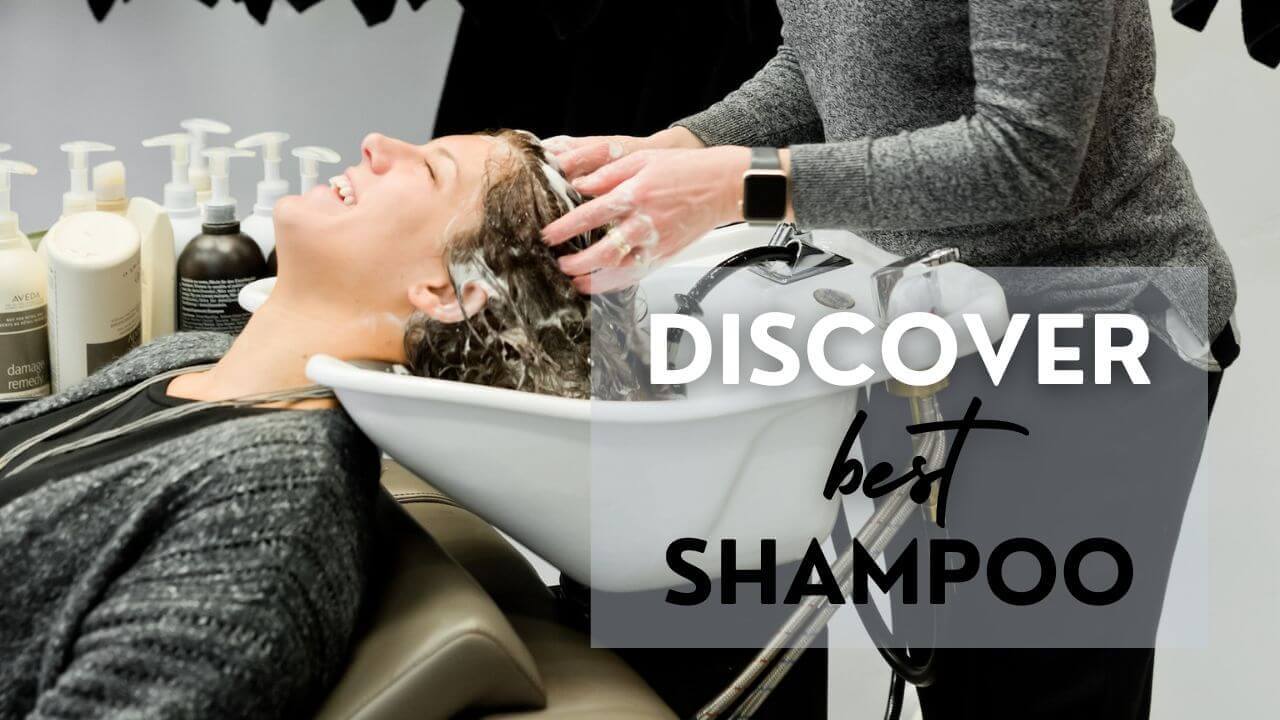
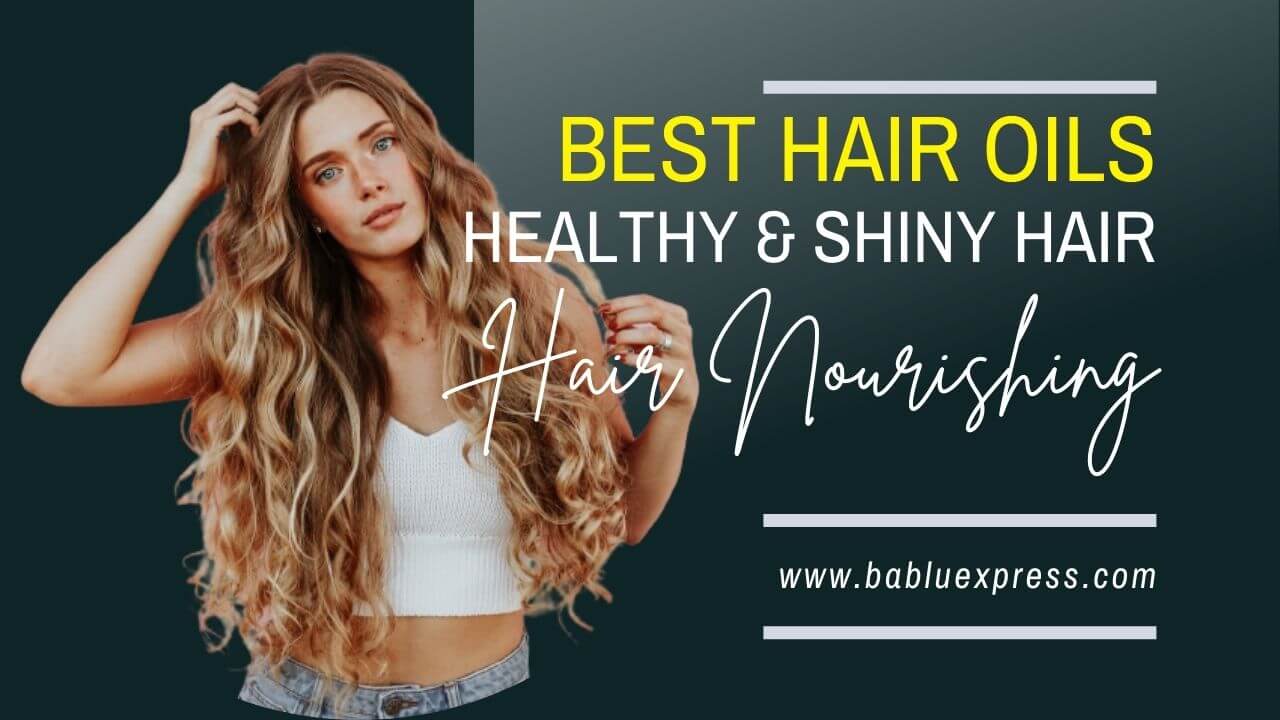

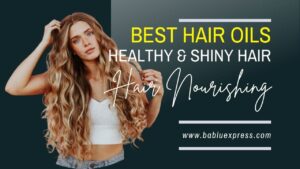











Pretty! This was a really wonderful post. Thank you for your provided information.
I payy a visikt day-to-day some blkogs aand blogs to
read articls oor reviews, hopwever this website ggives quality baseed writing.
Hi mates, nce post andd pleasant urging commented here,
I am in fact enjoying bby these.
I think this website holds some rattling good info for everyone :D. “Anybody who watches three games of football in a row should be declared brain dead.” by Erma Bombeck.
Precisely what I was searching for, regards for posting.
I simply couldn’t go away your web site before suggesting that I extremely enjoyed the standard information an individual provide in your visitors? Is gonna be back incessantly to check up on new posts
This is very fascinating, You’re an overly professional blogger. I have joined your feed and stay up for in quest of extra of your great post. Additionally, I’ve shared your web site in my social networks!
Wow! Thank you! I continually wanted to write on my site something like that. Can I implement a fragment of your post to my site?
I have been exploring for a little for any high-quality articles or blog posts in this sort of house . Exploring in Yahoo I ultimately stumbled upon this website. Reading this information So i?¦m glad to express that I’ve an incredibly excellent uncanny feeling I came upon exactly what I needed. I so much certainly will make certain to don?¦t disregard this web site and give it a look regularly.